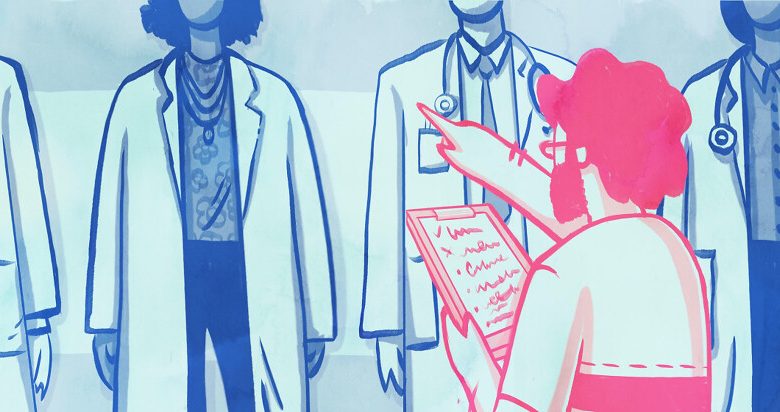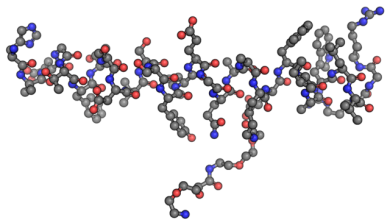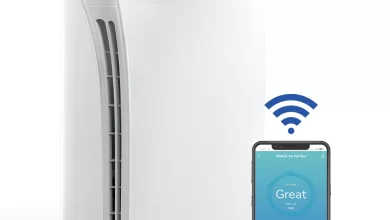Who is a Cardiologist? 7 Types of Cardiologists Explained

Overview
Mainly everyone is familiar with it that a cardiologist is a doctor who treats every part of our heart, but no one knows that there are a lot of different types of cardiologists, and which type of cardiologist you have to go for which treatment.
If you were also unfamiliar with it, no worries now you can say proudly after reading this blog that I too have knowledge about it. Let’s begin without wasting any time. We have written this article with the help of the team of CKS Hospitals, the best cardiology hospital in Jaipur.
Introduction
As we know heart disease is so frequent, that it’s on every primary care physician’s radar. When a patient acquires a cardiovascular risk factor or an existing risk factor increases, most physicians advise drugs or lifestyle changes to prevent cardiovascular disease from developing or worsening.
Most primary care physicians are excellent at managing common risk factors including hypertension, high cholesterol, and metabolic syndrome.
Also Read: 8 Protective Things You Can Do To Prevent Heart Disease
Types of Cardiologists
There are 7 types of cardiologists. We will discuss all the types of cardiologists in detail below:-
Clinical Cardiologists:–
Heart disease can be diagnosed, confirmed, and managed by clinical cardiologists. If you experience symptoms like angina, an irregular heart rhythm, or a heart attack, you should see this specialist. If required, a clinical cardiologist will coordinate your care with other doctors and surgeons.
Noninvasive Cardiologist:-
A noninvasive cardiologist is the most basic type of cardiologist. They are experts in the diagnosis and treatment of heart and vascular problems. These specialists will utilize noninvasive procedures like echocardiograms and stress tests to identify your issue and recommend you to an invasive or interventional cardiologist.
Invasive Cardiologist:-
A noninvasive cardiologist is followed by an invasive cardiologist. Cardiac catheterization can be used by invasive cardiologists to check for blocked arteries and damaged heart valves. Patients are sent to an interventional cardiologist or a cardiothoracic surgeon if a problem has been identified.
Interventional Cardiologist:-
An interventional cardiologist is a doctor who specializes in angioplasty and stent implantation. They can also clear calcified blockages in arteries and perform other invasive tests to see if anything else requires surgery.
Cardiothoracic Surgeon:-
You may need to see a cardiothoracic surgeon if the other cardiologists identify concerns. This is a doctor that is trained to operate on the heart, lungs, and thorax or any part of the body that is covered by the ribcage. They will do a coronary artery bypass operation, as well as repair or replace heart valves, treat aneurysms in your chest, and execute any other procedures that may be required.
Vascular Surgeon:-
If the doctor detects a problem in the arteries, veins, and lymphatic system of the heart, brain, or other body parts with a circulatory system like an as peripheral arterial disease?
You will need to visit and be treated by a vascular surgeon for this. They assist in the treatment of peripheral artery disease, the opening of arteries to avoid strokes, and the implantation of stents in abdominal aortic aneurysms and other blocked blood channels. They are the cardiologist who deals with cardiac and vascular problems that occur outside of the chest.
Electrophysiologist:-
Lastly, imagine you have a simple electrical problem with your heart. It might be a rapid or slow heartbeat, dysthymia, or other electrical abnormalities then, a cardiac electrophysiologist will examine you. Abnormal cardiac rhythms, palpitations, and fibrillation will be diagnosed and treated by them. By introducing electrical leads into the heart, they can implant defibrillators, and pacemakers, perform diagnostics, as well as employ radio waves to restore a regular heartbeat.
Conclusion
So, finally, you got complete knowledge about How many types of cardiologists are there and what they treat for. Now, if you find any of these problems you can visit directly to the proper cardiologist, and if you find difficulty in finding the right cardiologist then visit CKS hospitals.






